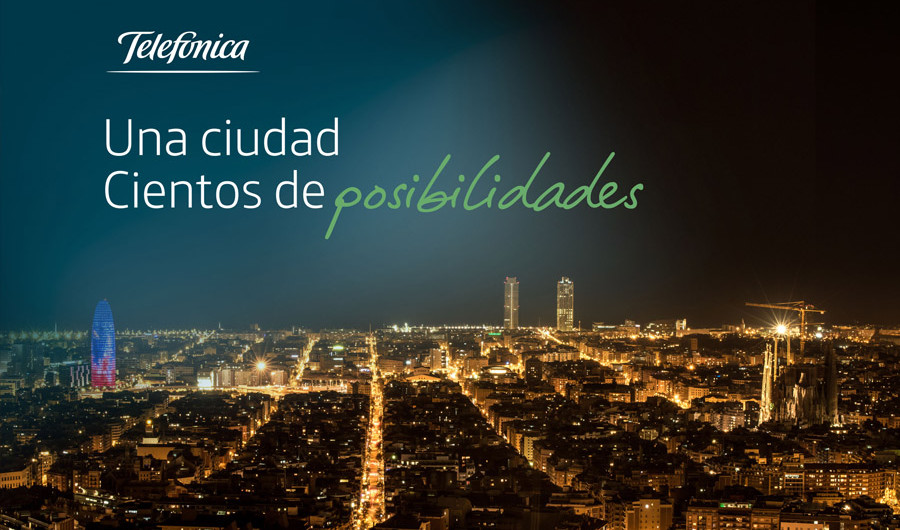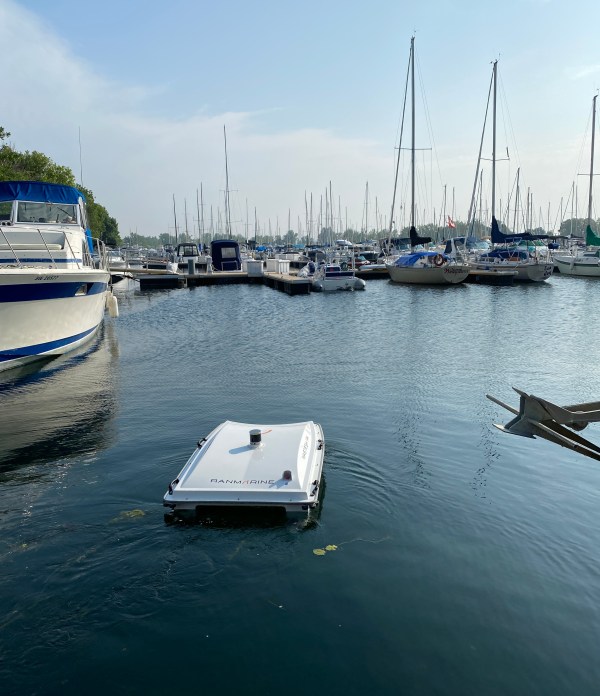 Editorial Staff
Editorial StaffFrom today, and at the greatest showcase in the world dedicated to Smart Cities, Telefónica presents its support for developing the digitalisation of cities and helping in their transformation. The aim of the expo, which is being held in Barcelona from 18 to 20 November, is to bring to the inhabitants, through public institutions, the services offered by the latest technologies and newest networks with high-speed broadband, and that will make the environment in which they live a better place to live and work.
To this end, Telefónica is going to create an internal area of global competence in the company that defines alliances and partnerships in all the countries in which it operates, and that prioritises working together with public institutions, town councils and communities to accelerate the adoption of digital processes in cities.
Mobility and Transport, Sustainability and the Environment, Citizen Services and Security and Competition and Economics are the four axes around which will revolve the content and demonstrations of services that Telefónica has already set up in cities such as São Paulo and Águas de São Pedro in Brazil, Santander, Logroño, Valencia, Zaragoza, Malaga and Barcelona in Spain, London in the United Kingdom and Lo Prado in Chile.
At the Telefónica stand at the Smart City Expo World Congress attendees can check, for example, how traffic in cities or air pollution can be reduced; the way in which power consumption can be reduced or the optimisation of rubbish disposal; and even how to save water in irrigation in cities.
Tangible Benefits
Already, in some Smart City projects that Telefónica is carrying out around the world tangible benefits are being achieved for the citizens and the cities. Thanks to Energy Efficiency in Buildings and Public Lighting in some Latin American and Spanish cities, they are saving 10% on their electric costs.
With Smart Parking, which Telefónica has already implemented in Santander and Malaga, and which can be seen at the Congress in Barcelona, time spent looking for parking can be reduced by 50%, according to the consultancy firm, Deloitte. This would mean a saving of 17 million Euro on petrol for a city with some 200,000 inhabitants, and the resulting decrease in CO2 emissions.
In the area of Big Data, in Zaragoza, Telefónica has begun to implement the Smart Step solution, which is already commercially under way in the UK with O2. The aim of this project is to optimise transport with intelligent planning that gives the best services to the inhabitants of the city.
The telecommunications networks, and the platform that Telefónica gives the town councils to be able to bring these benefits to their citizens, are also key in the transformation of the cities. Telefónica relies on the most advanced telecommunications networks in all countries in which it operates, and these networks will continue evolving in coming years in order to satisfy the needs of the new services required for smart cities, for example, in order to enable longer battery life in sensors or in a more efficient use of network bandwidth.
The City Platform
The City Platform that can also be seen at the Telefónica stand at the Smart City Expo World Congress is the knowledge that the company puts in the hands of the local councils and corporations and it is from there that it efficiently and transparently manages all the services, in a transversal way, as it connects to multiple devices, sensors… The platform, which uses the European FiWare standard, has been developed by the Telefónica Research department with public specifications, and is characterised by the use of open source software in order to boost the development of Smart Cities.
A platform of this size will be key, since according to some analysts and consultants, between 60 and 70% of the world population will live in cities in the year 2020, and 30% of these will be in metropolises of more than 750,000 inhabitants. This fact alone will completely change the way of working, of living, and how citizens will relate to local corporations, and even among themselves in the cities in which they live.
For Eduardo Navarro, Chief Commercial Digital Officer of Telefónica S.A, ‘Telefónica is one of the few Telcos in the world that is working, together with other players, to help inhabitants in cities to transform themselves and benefit from the new industrial revolution of our time. Our ambition is to be an important player in this area, and to do this we are going to create a global competence centre for Telefónica Smart Cities. We have already invested more than 15 million Euro in the development of the Smart City Platform, through Telefónica I+D (R&D), and we have a unique opportunity to lead changes in these cities to improve the life of the inhabitants. All this in a responsible way, whilst always keeping privacy in mind’.







